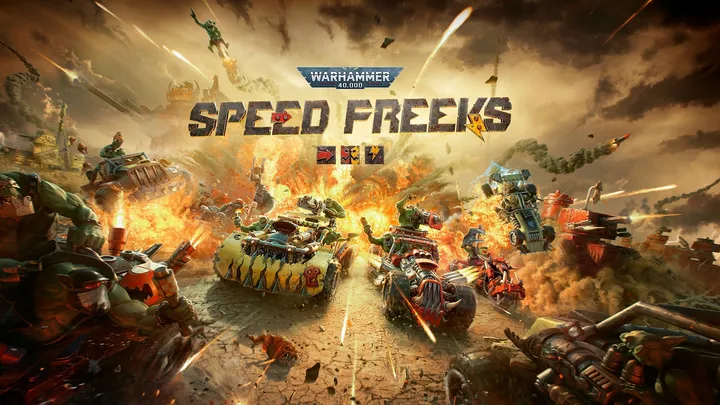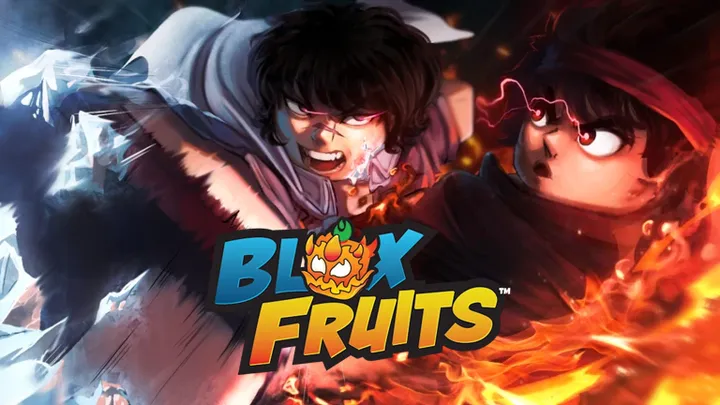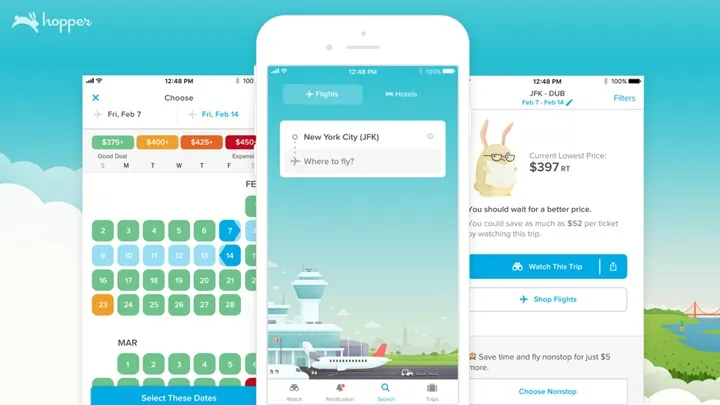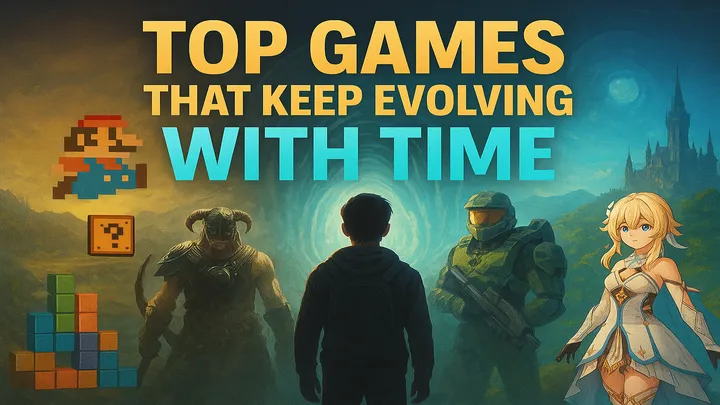Introduction
The gaming world is bigger than ever, with millions of players spread across every continent. Some games rise to become global hits, appealing to audiences everywhere, while others remain regional favorites, deeply rooted in local culture and tastes. Understanding this divide shows us not just what people play, but also how gaming reflects cultural identity.
From Grand Theft Auto V and Fortnite dominating worldwide to niche titles that thrive only in Asia, Europe, or Latin America, gaming preferences highlight the fascinating contrast between universal appeal and local passion.
Global Hits: Games Everyone Knows
Global hits are games that break cultural and regional barriers, reaching players everywhere regardless of language, platform, or background.
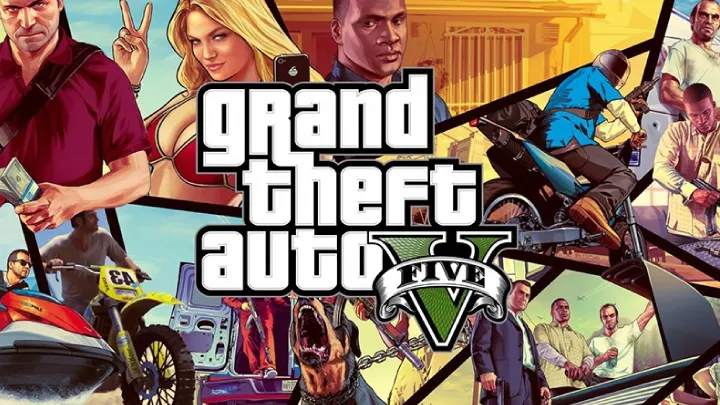
Examples of Global Blockbusters
- Grand Theft Auto V (GTA V): Rockstar’s open-world masterpiece has sold over 190 million copies worldwide. Its mix of freedom, storytelling, and online play makes it universally appealing.
- Fortnite: With its battle royale mode and cultural collaborations, Fortnite became a social hub as much as a game, attracting players of all ages around the globe.
- FIFA Series: Football (soccer) is the world’s most popular sport, and FIFA mirrors this with yearly releases that dominate charts in nearly every region.
- Minecraft: Its creative sandbox gameplay transcends generations and borders, making it one of the most recognizable games on Earth.
Why They Work Globally
- Universally relatable themes (freedom, survival, sports).
- Accessible gameplay that welcomes newcomers.
- Strong online communities and cross-platform play.
- Heavy investment in updates, events, and marketing.
Regional Favorites: Games with Local Flavor
While some games conquer the world, others shine brightest in their home regions. These regional favorites often reflect cultural identity, storytelling traditions, or specific gameplay styles that resonate locally.

Examples by Region
- Asia:
- Crossfire (China/Korea) – A tactical shooter massively popular in Asia but little known in the West.
- Monster Hunter (Japan) – A cultural phenomenon in Japan, where cooperative hunting appeals to teamwork-focused audiences.
- Europe:
- Euro Truck Simulator (Czech Republic) – Hugely successful across Europe, reflecting the continent’s love for travel and simulation.
- Football Manager (UK) – A staple for European football fans, offering unmatched management depth.
- Latin America:
- Free Fire (Brazil and beyond) – A battle royale optimized for mobile devices, thriving in regions with limited console/PC access.
Why They Thrive Locally
- Strong ties to cultural hobbies (football, hunting, trucking).
- Local servers and community-driven content.
- Gameplay tuned for the region’s dominant platforms (e.g., mobile-first in Southeast Asia).
Global vs. Regional: Key Differences in Player Preferences
The difference between global hits and regional favorites lies in scope and cultural roots. Global hits focus on broad appeal, offering flexible gameplay and universal themes. Regional favorites, however, succeed because they speak directly to local passions, whether that’s football culture in Europe or mobile-first gaming in Asia.
For example, while FIFA dominates worldwide, Pro Evolution Soccer (now eFootball) retains strong regional support in countries like Brazil and Turkey. Similarly, Call of Duty thrives globally, but in Korea, StarCraft remains legendary thanks to its esports legacy.
The Impact of Platforms on Popularity
Another factor is platform access. Global hits like GTA V and FIFA thrive on consoles and PCs, but in regions where consoles are expensive, mobile titles dominate.
- Asia & Latin America: Mobile-first culture, with Free Fire and PUBG Mobile as leaders.
- North America & Europe: Console-driven, favoring AAA blockbusters like GTA V, Spider-Man, and FIFA.
This divide explains why some games are “global” in name but much stronger in certain regions.
The Future: Can Regional Games Become Global?
The lines between global hits and regional favorites are starting to blur. Games once popular only locally are reaching new markets thanks to streaming, esports, and digital distribution.
- Genshin Impact (China) became a worldwide hit through strong marketing and cross-platform play.
- Free Fire expanded from Brazil to Southeast Asia, becoming one of the most downloaded mobile games globally.
The success of these titles shows that regional powerhouses can evolve into global sensations if they adapt their content for wider audiences.
Conclusion
The gaming industry thrives because it balances global blockbusters with regional treasures. While games like Minecraft and GTA V dominate worldwide, titles such as Free Fire, Euro Truck Simulator, and Monster Hunter prove that local culture still shapes what people love to play.




